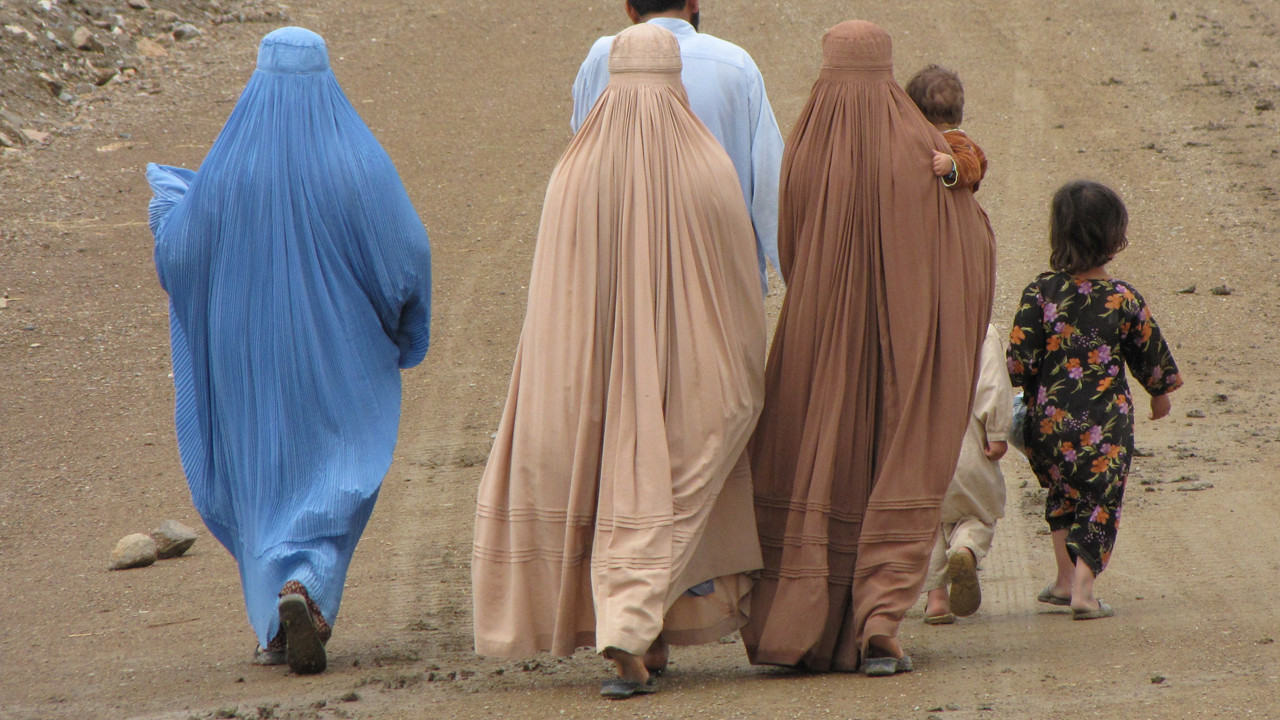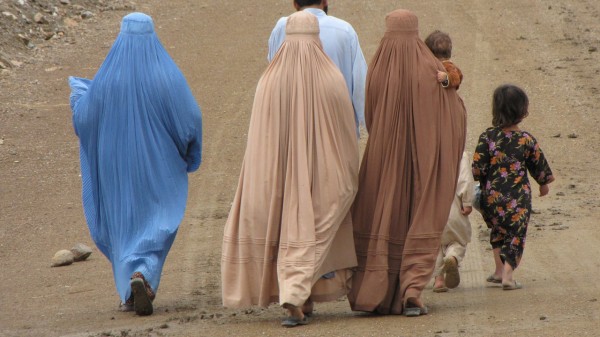
By: fastcoexist.com
Source: http://www.fastcoexist.com/mba/1681983/how-do-muslims-view-womens-rights
The world’s 1.5 billion Muslims don’t all think alike. That’s the main takeaway from a recent poll by The Pew Forum on Religion & Public Life, in which researchers interviewed more than 38,000 Muslims from 39 countries with significant Muslim populations, from Azerbaijan to Mozambique to Thailand.
The publication includes analysis of interviewees’ views on religion, Sharia law, science and other topics, but as The Atlantic‘s Olga Khazan pointed out, the section on how Muslims from around the world view women in society is particularly interesting, given ongoing debates about the complicated role of women in Islam, from policies about the veil in France, to driving in Saudi Arabia, to rape in South Asia.
While it’s hard to say anything conclusive about the findings, in Khazan’s words, “The way Muslims see the role of women is highly dependent on where they live […] In Afghanistan, for example, a whopping 94% of Muslims say ‘a wife must always obey her husband,’ compared with just 34% in a more liberal, but still predominantly Muslim, country like Kosovo.”
Similar trends occur across the range of questions participants were asked. European and Central Asian Muslims were generally more likely than South Asian, Middle Eastern, and North African Muslims to say that women should have the right to divorce their husbands or that daughters should inherit as much as sons.
In a way, that’s not so surprising. Muslims in Russia or Bosnia, for example, would regularly brush up against people with more outspoken, Western ideas about women in society than in Iraq or Afghanistan, for example.
Khazan adds:
Another interesting finding was that Muslim women aren’t always more likely to support greater freedoms for themselves than their male counterparts are. On the question of whether it should be a woman’s right to decide whether or not to wear a veil, ‘in 12 of the 23 countries where the question was asked, Muslim women voice greater support than Muslim men … in the remaining 11 countries, opinions of women and men do not differ significantly on this question.’
Check out the full report to get a more textured look at the views of members of an often misunderstood and mischaracterized religion.




